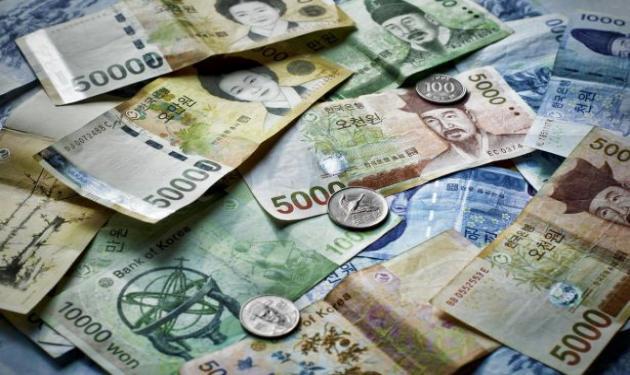SEOUL, March 29 (Xinhua) -- Net worth among South Korean households dropped last year as they rushed to buy new homes with borrowed money amid record-low interest rates, central bank data showed on Wednesday.
Net worth among households and nonprofit organizations reached 70.52 trillion won (63.25 billion U.S. dollars) in 2016, down 23.73 trillion won, or 25.2 percent, from the previous year, Bank of Korea (BOK) data showed.
The net worth means the deduction of borrowed money from household assets, including deposits, insurance and stock investment.
Last year's net worth dropped to the lowest in four years as households rushed to purchase new homes thanks to the record-low policy rate.
The BOK cut its benchmark rate from 3.25 percent in July 2012 to an all-time low of 1.25 percent in June last year.
Households borrowed a combined 143 trillion won in 2016, up 11.1 percent compared with the previous year. The assets managed by households amounted to 213.5 trillion won last year, down 4.3 percent from a year ago.
Despite worry about fast-growing household debts, BOK Governor Lee Ju-yeol has refrained from normalizing the record-low rate, indicating a de-coupling between the U.S. and South Korean economies.
The U.S. Federal Reserve raised its benchmark rate by a quarter percentage point to a range of 0.75-1.00 percent earlier this month, following the 25-basis-point rate hike in December. The Fed hinted at two more hikes later this year.
Market interests have already began picking up to reflect the expected rate increases in the United States.
The BOK's prolongation of accommodative monetary policy could cause an abrupt exodus of foreign capital from the South Korean financial market.




 A single purchase
A single purchase









